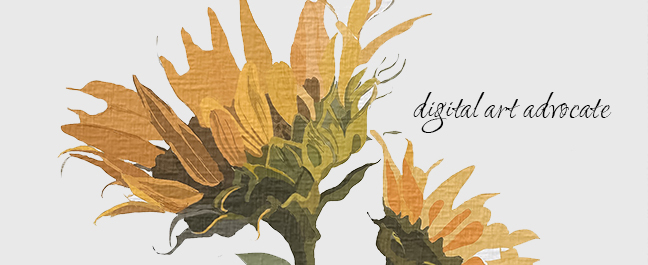Love and the Restraint of Power
 Monday, March 16, 2009 at 06:40AM
Monday, March 16, 2009 at 06:40AM The Christian mantra to "love your neighbor as yourself" is an interesting one. In my opinion it is also completely and totally misunderstood and practiced less in church settings than anywhere I know. That is because so much of church "politics" is power mongering, and the church is just a xerox copy of the world with pious-sounding accompaniment. It is mongering with a mantra; crawling over people to stand big and tall on platitudes.
Love is not only about what one does; it may be about what one can do but does not do. Working in the justice system, I have known this for a long time. I finally found a Christian writing that recognizes the value of some things left undone:
"While reactive victims are primarily known by their 'against' stances, proactive people do not demand rights, they live them. Power is not something you demand or deserve, it is something you express. The ultimate expression of power is love; it is the ability not to express power, but to restrain it. Proactive people are able to 'love others as themselves.'"
From Boundaries by Henry Cloud and John Townsend



